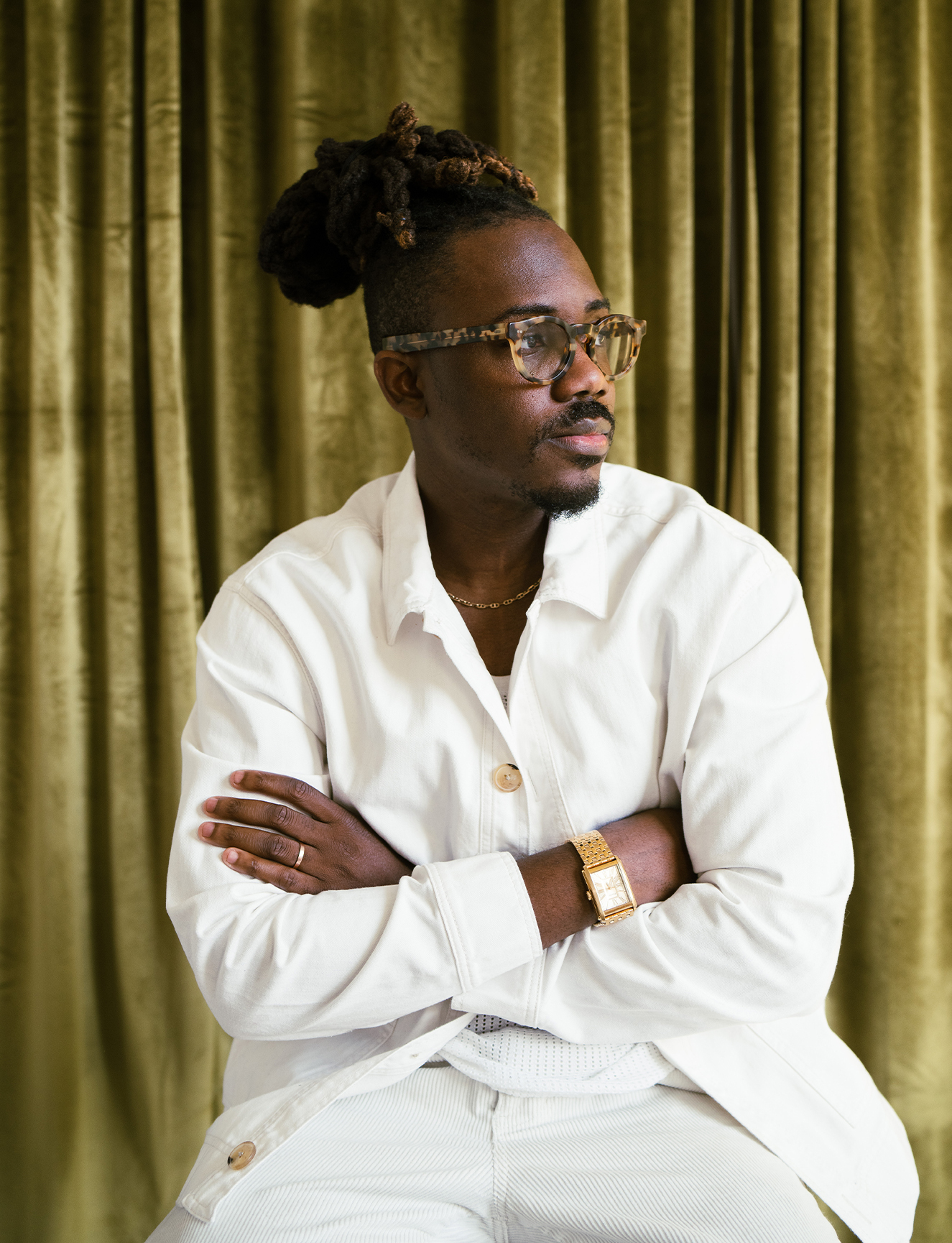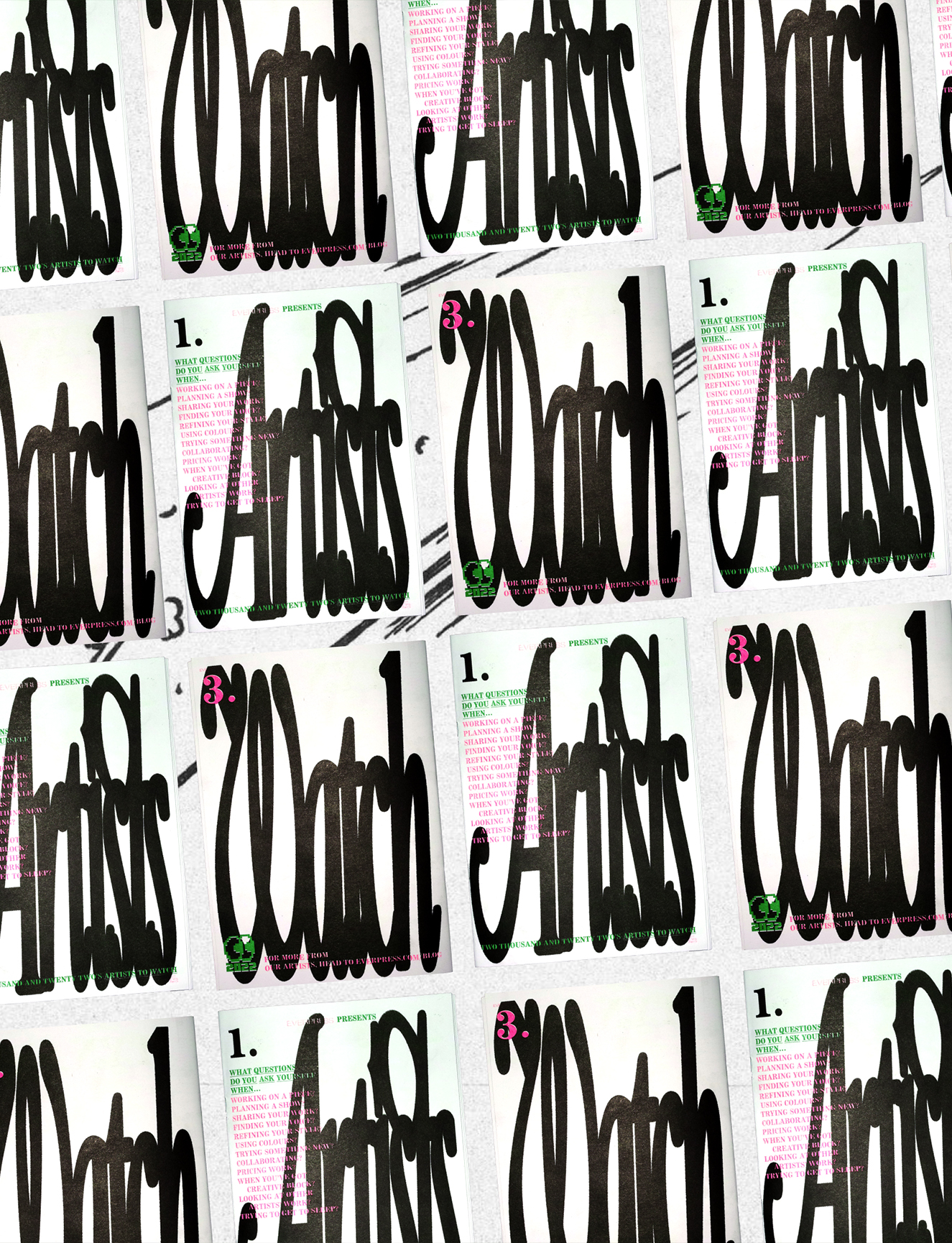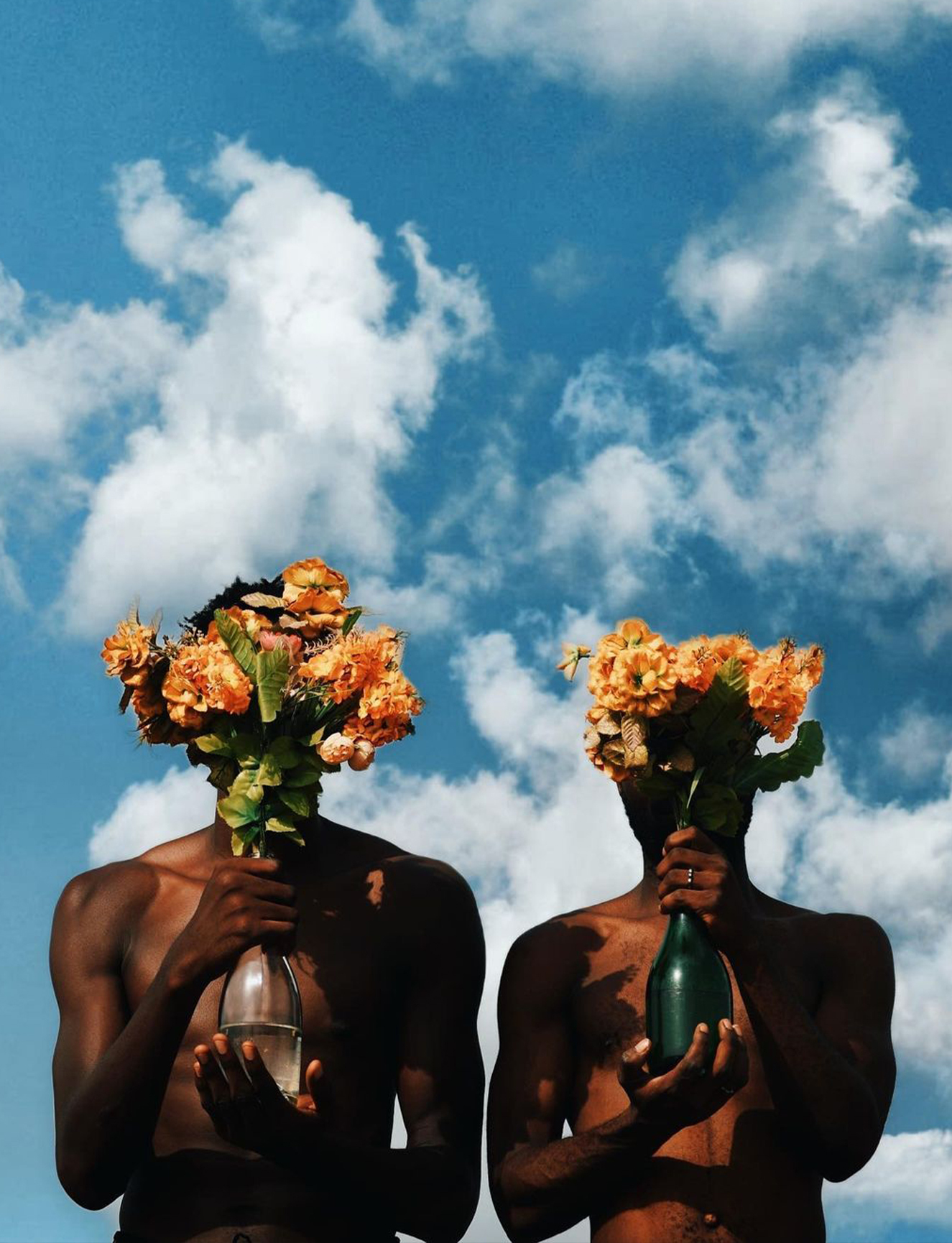Did you have a creative childhood?
I remember that I was always trying to find ways to express myself. I think the biggest lesson that I learned when I was growing up was how to use the things around you, in order to make or get what you want. I would play soccer with bottle caps, I remember trying to dissect an ant, I would make these origami ‘cameras’ with paper and I would draw people’s faces in them. Why was I doing this? I don’t know, but it was fun. Just being able to use the things around me to live and have fun, and be able to practise that creativity that I’ve felt I had since I was a kid.
It’s an interesting kind of creativity, which has a lot to do with experimentation and exploring the possibilities of what tools and objects can be, rather than straightforwardly just painting or drawing.
I mean, I started playing keys first. I still play today, and I’ve been playing since I was about nine. My dad is a pastor, so I’ve played at every church since I was a kid. That’s what brought us to Canada first, in 2003, and then we left Canada, for America, in 2004. I played at my dad’s church until I went to college. Music, for me, was the first time I really felt like, “Oh, this is a way to express myself without really using words.”
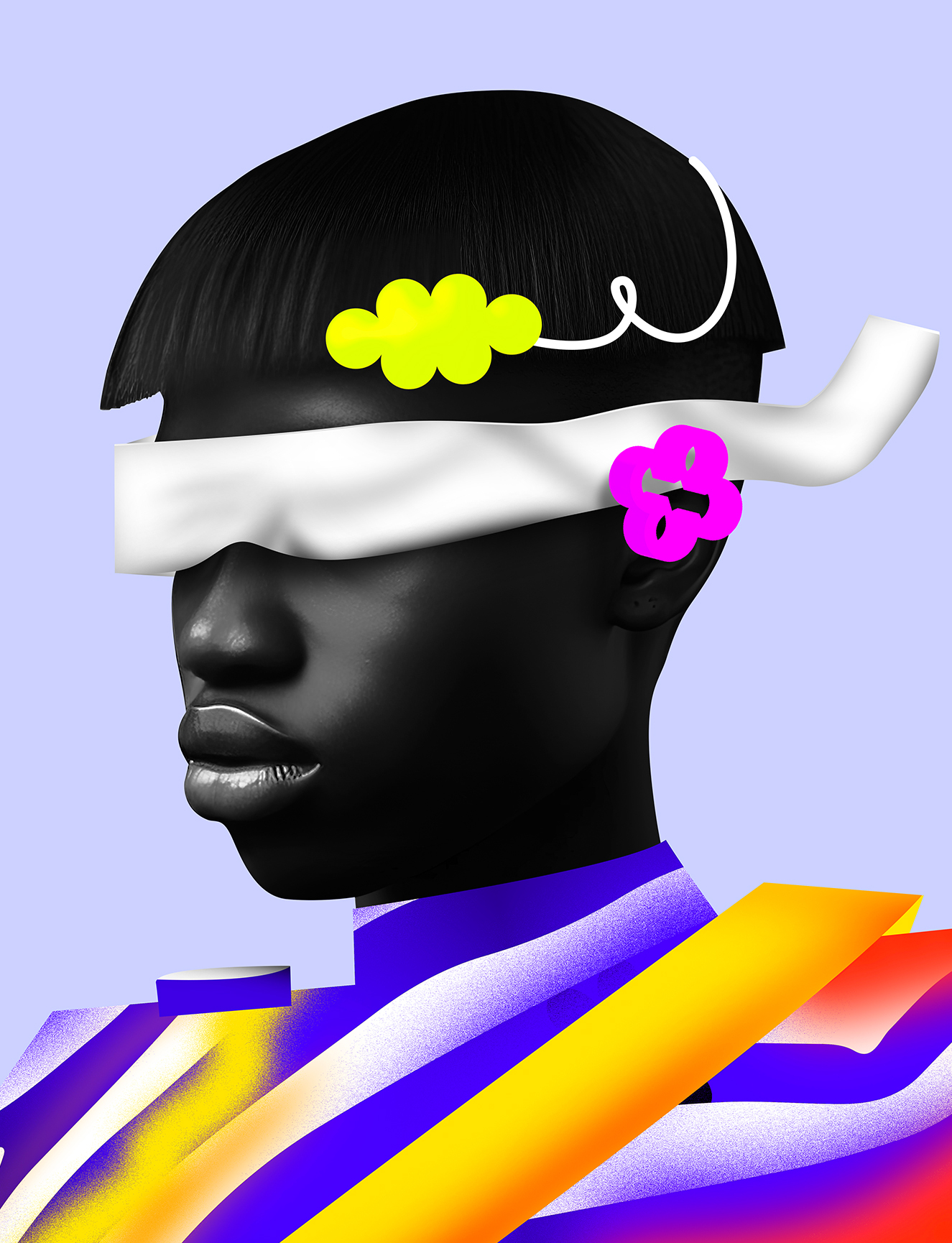
Why do you think you wanted a way to express yourself without words?
It’s ironic, because I do have a newsletter, but I hate writing. Something I also really struggle with, I’m thinking of other interviews, is when I get asked to ‘explain’ my work. I’m like, “Can you explain it?”
Yes, that the art should be able to speak for itself?
As an artist I definitely put my heart and soul into what I create. And it depends, sometimes it’s up for the audience of a piece to come up with what it means, sometimes I do have an intended meaning, sometimes it’s just for fun.
I like the deeper questions
For me, I like the deeper questions: what inspires me, what is the foundation of my work? When I can try to explain these things then you can see my work in a different way, and you start to understand the similarities, the colours, the inspiration as to why I’m always using Black people.
You grew up in a religious family, are you still religious? Do you think that you bring that into your work at all?
I do. If you think about African Americans and the history of the United States, the legacy of slavery, there is this idea that we are not meant to feel powerful, or smart, or beautiful. Then I think about God, and how he created us; my skin colour was not a mistake, but the world treats us like we’re a mistake.
Being able to portray Black people in my work has been therapeutic for me. In Nigeria I grew up seeing bleaching cream sold in shops, and if you were lighter skinned you were considered more ‘wanted’, given more opportunities, so almost everyone was using this cream.
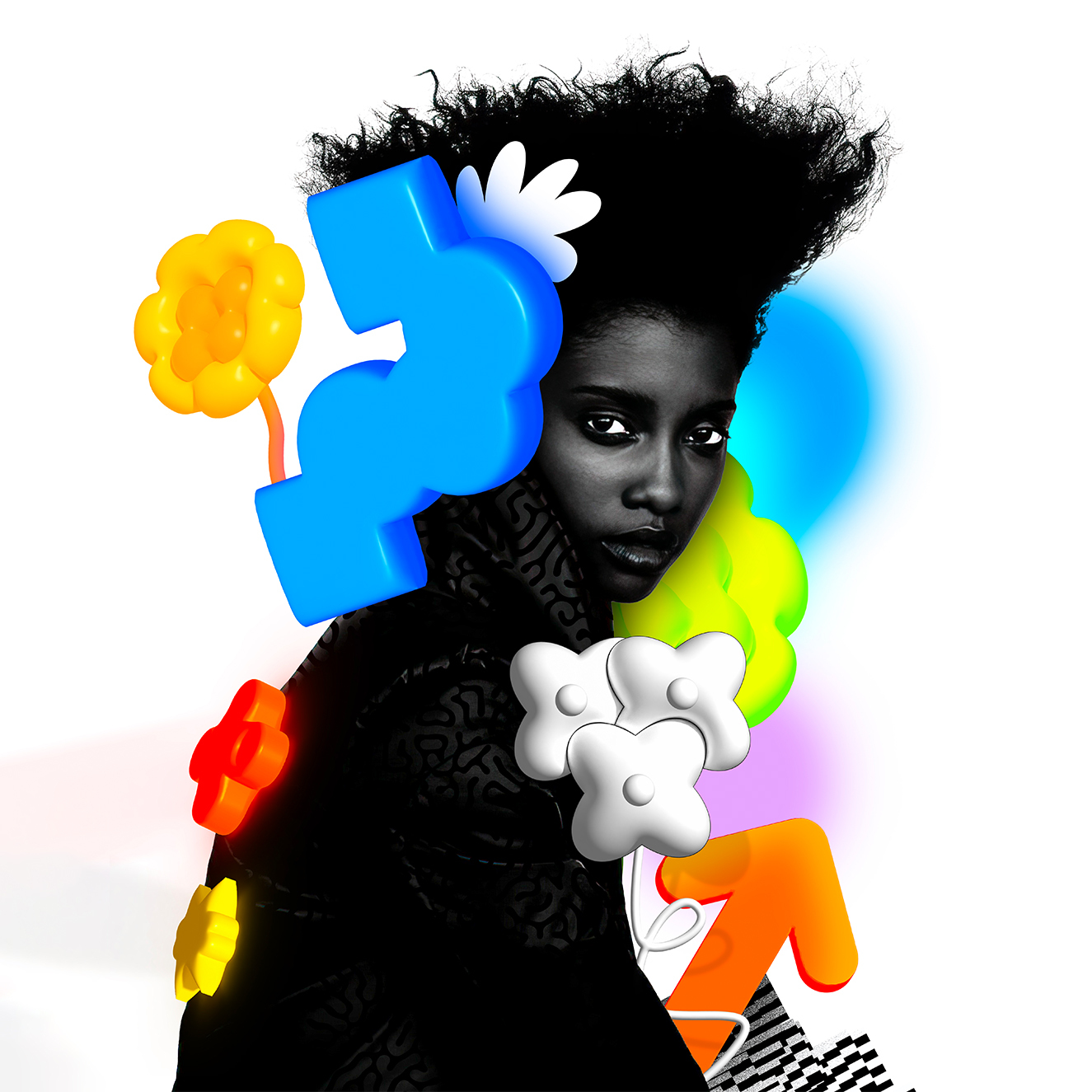
And so creating these images of people that look like me, to inspire people that look like me, has been very therapeutic. If you ask me, “Okay, so why do you do this?” For me the answer is, “Blackness is a beautiful canvas.” And I want to keep reminding people of that.
The clients that come to me understand that. When the Oscars came to me, I told them, “Hey, I’m going to make the Oscars Black.” They got it, and they allowed me to do it. For me, that’s powerful. They knew the type of work that I do, and that I wasn’t going to compromise on anything.
You grew up in Lagos, then you moved to Canada, and now you’re based in Dallas. How do you think these different places might have shaped you as an artist?
Canada was like a blur. It was a shock, and we only stayed there for a year. It was pretty cold, and I remember being in Calgary, Alberta, and not experiencing racism per say, but you’re Nigerian, you don’t have the mannerisms of an African American. That double complexity got worse in Texas.
It can feel weird to say ‘Nigerian artist’
Do you consider yourself to be African American now?
Now I accept that term, because I’ve been here for 20 years. Though I do sometimes say ‘Nigerian American’, it can feel weird to say ‘Nigerian artist’, because I’ve lived here longer than I’ve been in Nigeria. I don’t want to downplay the experience I’ve had here, and how that has also impacted my work.
As an African, I always tell people, you have three big decisions in your life. The first one is your major which you’re going to study in college, the second is who you marry, and the third is the kind of job you’re going to do. In Nigeria, parents will often map out your career for you, and there are five major ‘acceptable’ paths: doctor, lawyer, nurse, accountant, and engineer. That’s where the opportunities are.
Did you find it difficult to push against that?
Oh yeah. But I will say, for me, it was worth it. That’s why I think a lot of Nigerians are inspired by me in the work that I do, because they understand that difficulty. I went to college to study biomedical engineering initially, and I remember talking to my dad, saying I wanted to study music, and my dad said, “Nope. We didn’t bring you to America to study music.” So I picked biomedical engineering, because at the time I thought, “Robotic arms, that sounds creative. I can help change people’s lives.” Then a year into college I realised, absolutely not.
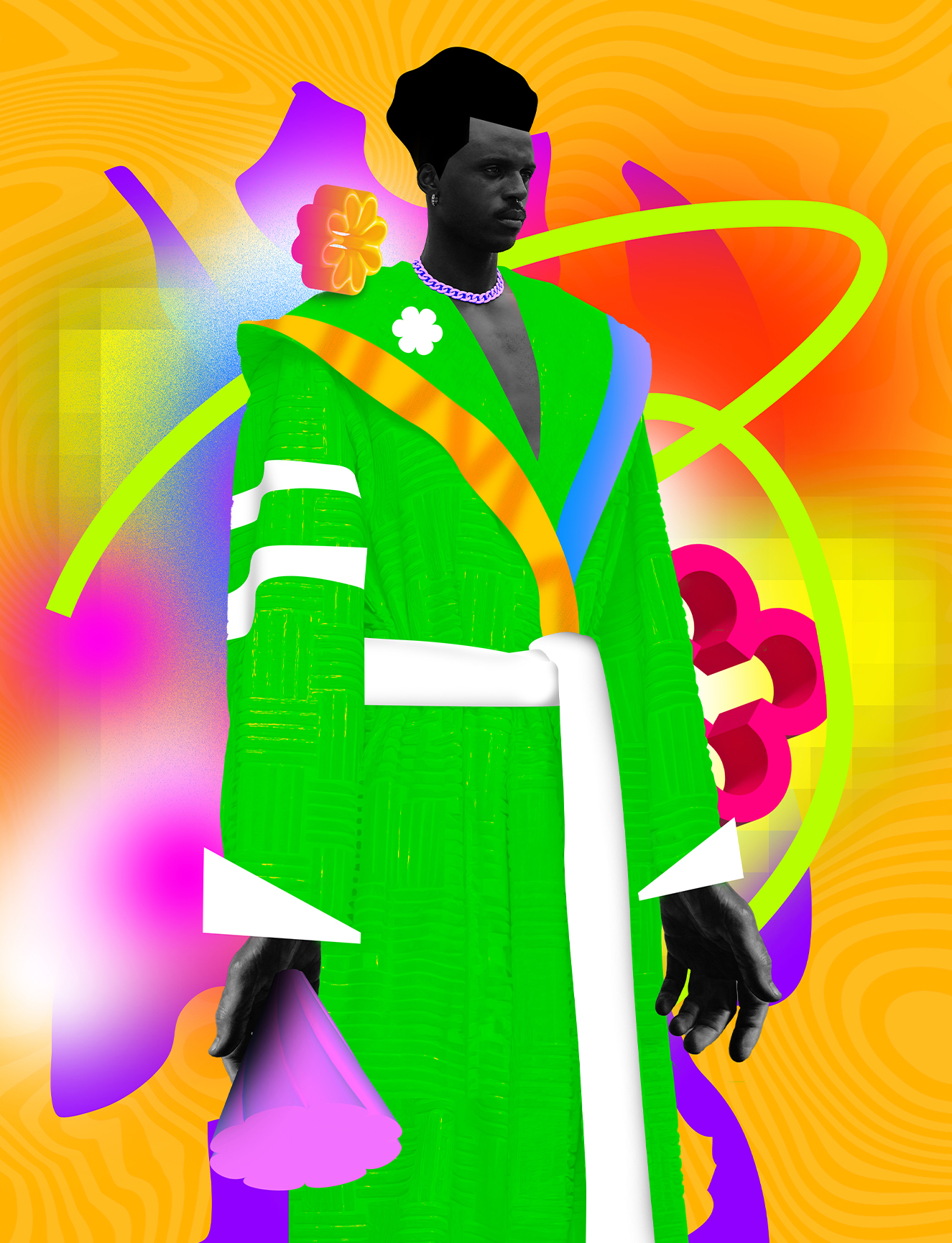
People had always told me, “You have an eye.” I never knew what that meant. In 2011, I bought a camera and switched my major. My parents weren’t happy, though they eventually came around, but I just had this conviction that God was pulling me somewhere else.
Do you think that need to prove yourself might have actually helped you as an artist?
Yes, I think so. I think the most important thing was that I wanted to own my story. As Africans, if you’re not careful, your parents can own your story, and you become a trophy.
You described your journey as an artist as, “a marathon, not a sprint.” Can you talk a little about that?
I wrote a newsletter called ‘Embracing The Marathon’ last year, about the creative industries in general. Work wasn’t coming as fast anymore, and I remember there were two times last year I thought, “Okay, let me dust off my resume, in case this is the last gig that I get.”
2020 was a really good year for me; I got my agent, work picked up. Which was interesting, because 2020 was supposed to be the worst year for everybody, but it was the best for me at the time, and 2021 is still my best year financially. Through the peaks and the valleys in this career, my agent has always said, “Hey, we’re just getting started. It’s a marathon, and you can’t expect to get all the work every day, every month.”
I wanted to own my story
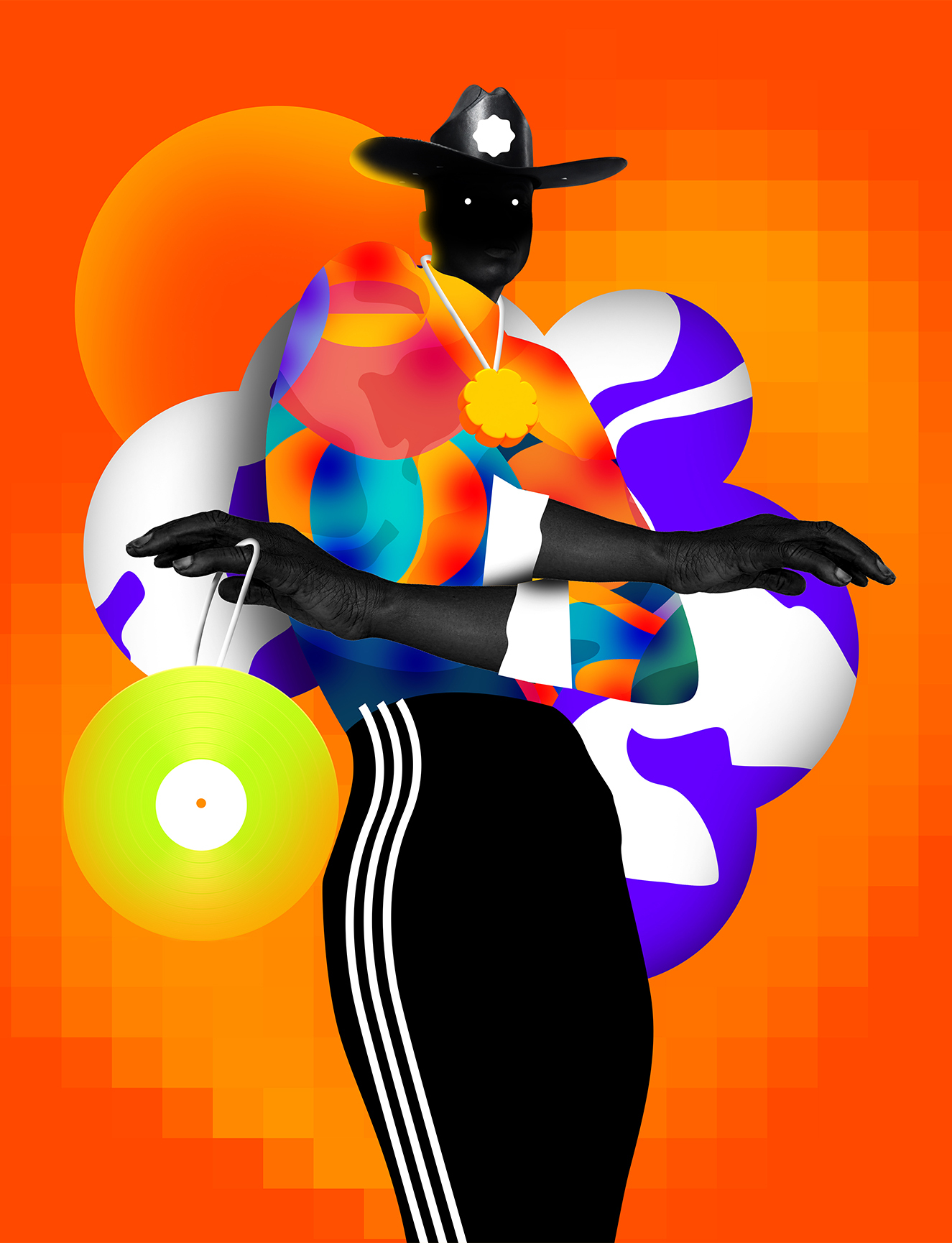
There’s a saying that one of my mentors in high school used to use a lot, “The journey is the reward, not the destination.” That has always stuck with me. I think a lot of creatives have this destination in mind, and if they don’t get to it, they think they have failed. They don’t realise that there are all these little pockets of wins that could lead up to that moment. But the bigger thing is, if we focus too much on that moment, then we’re not really enjoying the journey.
I think a lot of people, especially in this era of creativity, they want to be popular and famous, and they want big followings on social media. It’s just not good. You’re never going to enjoy the journey, and when you get to the destination of, say, “I want to make £10,000.” When you make that, you’re going to move the goalposts. “Okay, if I can make 10, I can make 20, after that I could probably make 50.” It just keeps going. Those are not bad goals, but when that is your only motivation, then you’re never going to enjoy what you do.
Read More: Selynn Lee’s Feline Fantasies



